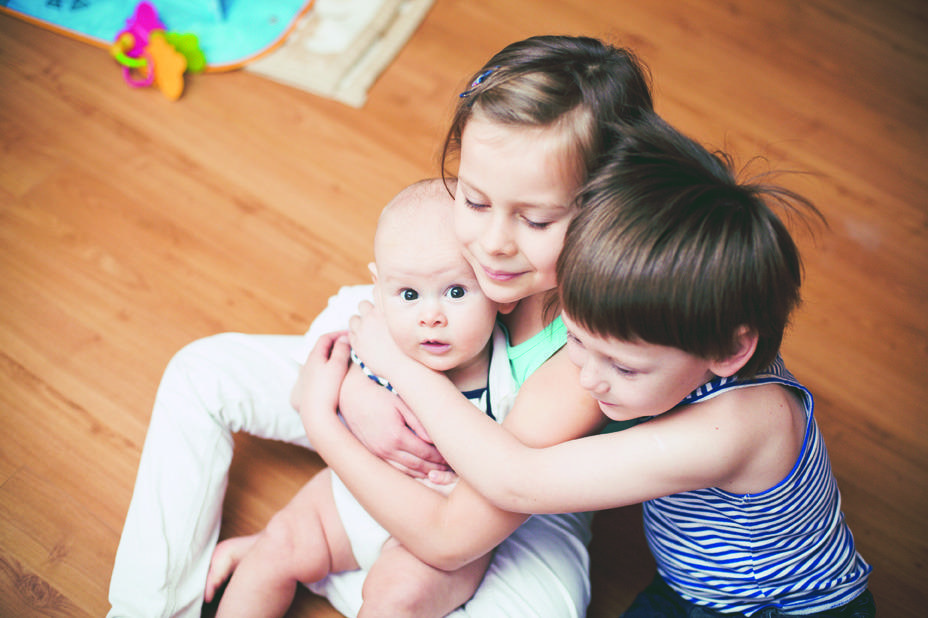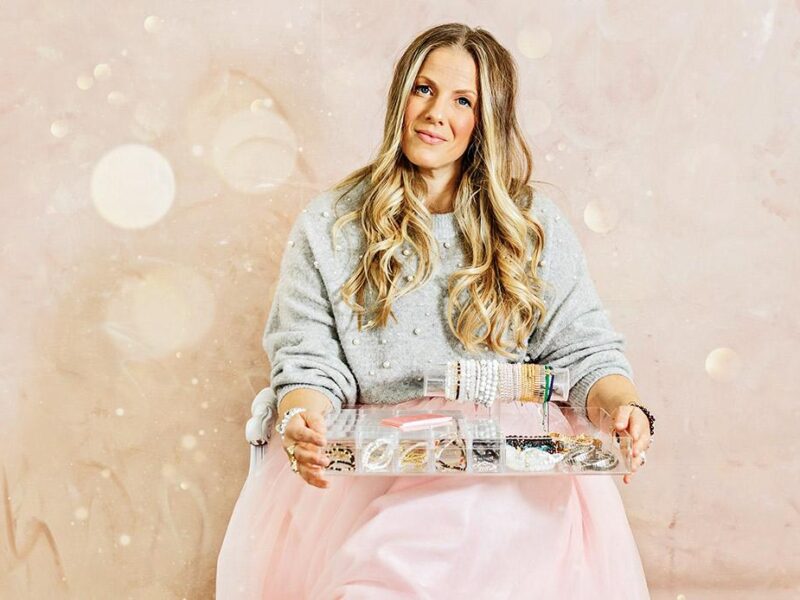
It’s All About Birth Order Baby
By Laura Lyles Reagan
How should birth order data affect parenting?
Parenting expert, Dr. Gail Gross summarizes the existing roles and research on birth order by naming the first born as the achiever, the middle child as the peacemaker and the youngest child as the life of the party. While the eldest child is programmed for excellence and achievement, the middle child is raised to be understanding and conciliatory and the baby seeks attention. Only children relate to the personality traits of the achiever and the life of the party.
Personality traits may be clustered in the following ways as a result of birth order.
Firstborns: Achievers
Reliable
Conscientious
Structured
Cautious
Controlling
Middle Children: Peacemakers
People-pleasers
Somewhat rebellious
Thrives on friendships
Has large social circle
The Last Child: The Life of the Party
Fun-loving
Uncomplicated
Manipulative
Outgoing
Attention-seeker
Some researchers state that birth order can be as powerful a variable in personality development as gender. It returns us to the old nurture vs. nature argument. Ultimately, we are different parents to different children in part due to their birth order.
Birth Order + Parenting = Behaviour
Meri Wallace, author of “Birth Order Blues” (Owl Books) states, “Birth order has to do with the way the parent relates to the child in his spot, and some of it actually happens because of the spot itself. Each spot has unique challenges.”
By being the firstborn with inexperienced, new parents, the parenting approach might be a mixture of instinct and trial-and-error. Perhaps this will cause the parents to consult parenting books, be extremely attentive and rigid about how they enforce the rules. This approach might cause the child to perfectionistic and become a people pleaser.
In contrast, if the couple decides to have a second child, they might raise their second-born with less rigidity due their experiences raising their firstborn. They might also be less attentive to the second-born since there’s another child competing for attention. This might cause the second-born to be less perfectionistic, more relaxed but more likely to compete negatively for attention. It is not so much that the child came out of his mother’s womb first that caused him to be a leader. Rather, it’s the fact that his parents treated him as their firstborn child that shaped his attitude and behaviour.
The Sociology of Birth Order
While we might be tempted to think similarities or differences among siblings are the result of inborn personality traits or birth order, Dalton Conley’s book “The Pecking Order” reminds us that families are affected by social forces. These forces in turn shape children¹s identities and opportunities. In other words, even though we grow up in the same families, events like economic changes, illness, and death affect us differently based on our age and gender. Conley used census data, the Panel Study of Income Dynamics and the General Social Survey as well as in-depth interviews with siblings to arrive at his findings on birth order. Generally, the wealthier a family, the better able they are to protect children during difficult times.
All children struggle when a parent dies, becomes ill or loses a job, but those with larger financial savings have more resources to cope. Children might attend therapy, or those that develop behavioural problems can be sent to special schools. Lower income families might need children to pitch in with household chores or jobs instead of pursuing extracurricular interests or higher education. Children in pain who act out might find themselves in trouble with the law instead of in therapy. Remarriage after the death or divorce might benefit children in some circumstances.
This might not be surprising, but some other findings are. Social psychology research and popular wisdom tell us that middle children are long suffering but Conley’s research findings teach us that this is usually only the case in large families with fewer resources to go around.
Birth order theories are more complicated than assumed at first glance because they are affected by forces outside the family as well as forces within the family. The real issue is, how do these forces affect how we parent? Being conscious of our own behaviour as parents and how it affects our parenting, will help us honour the individual journeys, personalities and choices of each of our children. Isn’t that the very purpose of parenting?
Laura Lyles Reagan, MS is a parenting journalist, parenting coach and author of How to Raise Respectful Parents. She can be reached for coaching services or parenting workshops through her website, www.LauraLReagan.com.





